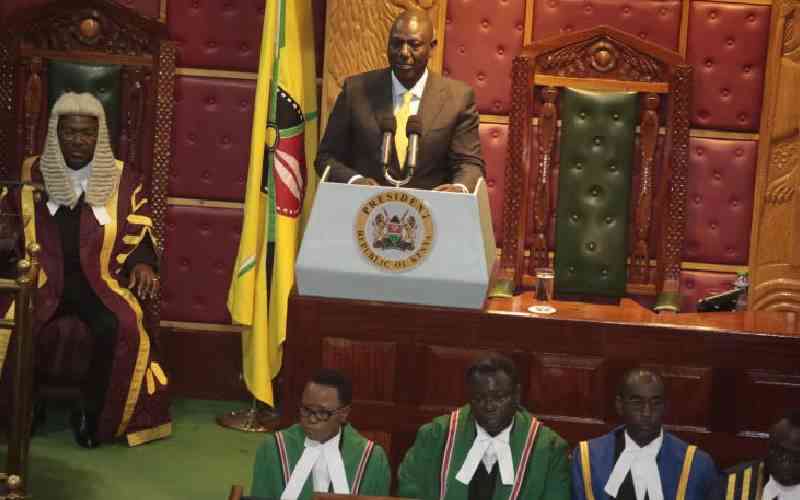×
The Standard e-Paper
Fearless, Trusted News

An occasion such as this week's State opening of Parliament is an opportunity for the newly inaugurated President to give a telescope of his visionary and missionary agenda to the country.
But it should also give hope for a wholesome fresh start. The new President has brought closer, and made clearer, his dream for the nation. Hopefully, he will breathe life into this dream.